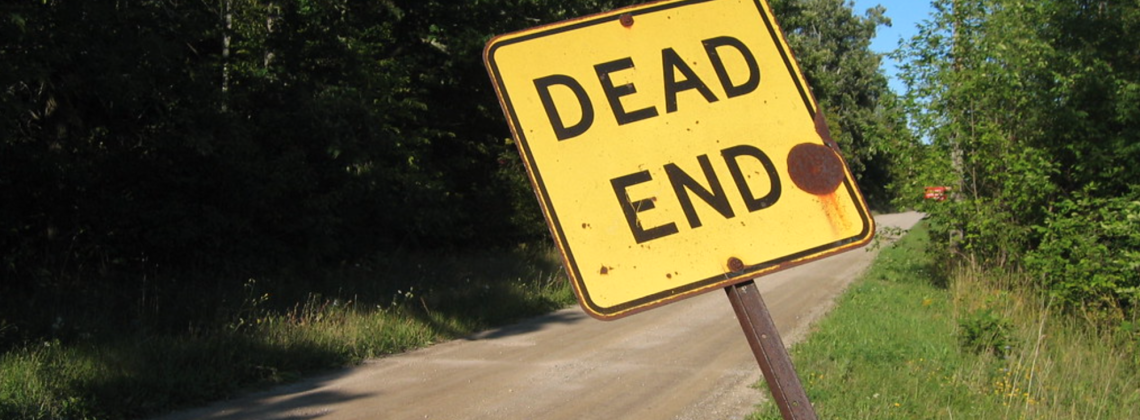

Canaan Road dead-ends at a cemetery
A statement on the eschaton or just a naming coincidence? I wonder, in the ordinary hush of an August morning in Maine as we drive down Route 1A passing small town after small town, all poised to welcome tourists in these final weeks of summer vacation season.
Quietly watching over us all are the old churches, the focal points of every town’s green. Simple, white, tall, each bearing a weathervane at the top of the spire instead of a cross.
Over a century ago, a native Mainer, Sarah Orne Jewett, wrote The Country of the Pointed Firs, a sort of love letter to her home state. It is a novel built of tales about an unmarried writer. Like so many of Maine’s present-day tourists, she hails from Boston. Seeking to escape the bustle of the big city and to find inspiration to finish writing a novel, she spends her summer on the Maine coast at a town much like any of these.
We’re here on vacation but we aren’t exactly tourists. And while I am a writer, on this trip I do no writing. Sacred time this, fenced off from the regular rhythms of life. My husband grew up here, so our semiannual treks northward are to visit loved ones. We slow down, linger at the dining table after each meal, debate theological minutiae, and talk about people long gone, about others still young, and those in-between. The Williamses have been here for over four decades—long enough to put down significant roots, to feel local pride.
Jewett’s semi-autobiographical protagonist is leading the leisurely life of a woman of means, but one who still feels the call to work. Work she does—by writing. Unencumbered by domestic responsibilities, she rents summer quarters from an aged local, a sort of Airbnb before such a thing existed. Finding that her summer residence—and, in particular, her landlady—are distracting her from the serious work of writing, she makes arrangements to use the local one-room schoolhouse, unused in the summertime, for her work. And yet as she sits in the schoolhouse watching the town’s life pass by her, she gradually realizes that the distractions of friendships are the point of life; words composed apart from the love of people and places are sterile. A stranger to the region, she finds herself slowly falling in love with these strange and wild people and writing portraits of their lives. It is the people of this place, inseparable from each other, who ultimately inspire her to break through the writer’s block that brought her here.
Can we exist apart from others? The question appears philosophical to an extreme degree, maybe psychological too. Babies and young children take years to develop the concept of object permanence—that a mother and her love will not just disappear forever when gone from the room. To be alone in a room does not mean to be forsaken, left forever apart from others. As our brains develop, we increasingly understand better that we can be alone in a room and know that loved ones are close by. But I have a more theologically precise question in mind here. Can we exist apart from God? Can we exist apart from people?
Modern wisdom and pop psychology encourage young people to find themselves before making any momentous life decisions—like marriage or starting a family. But before less savory and more hedonistic modern methods of self-discovery, finding oneself by traveling to the wilder, scruffier North to write in the village’s one-room schoolhouse seemed a perfectly acceptable option. And it seems that Jewett’s protagonist does find herself—except the realization dawns that self-sufficiency, a life apart from love and friendship, is incomplete. Living in a small village, it is impossible not to be sucked into its rhythms, dramas, long history, tales of hearts broken and others mended. She leaves reluctantly at the end, feeling a longing for these people, for this place. Will she be back? We never find out. But Jewett herself never moved away from Maine, although she had traveled to Boston. Her love for this place hints at her preferred answer. To find oneself does not mean self-sufficiency after all, but the discovery of the places and people with whom to covenant.
For us too Jewett’s answer holds: We come back here because we love. Time seems to stand as still as those white-spired and weathervane-topped churches; only the tiny robot mowing my in-laws’ lawn is a determined reminder that a new age is dawning.
On Sunday morning before we begin our drive homeward, we attend church all together. A small white building filled with beautiful songs of worship, prayers and blessings, and family memories going back decades—like that time my husband’s brother, a mere toddler, nearly drowned when he fell in the baptistery. Such memories insist that the end is ever near and growing nearer; our time on earth is nothing, a drop in eternity’s bucket. For two millennia Christ’s followers have been awaiting that Second Coming, which is living up to its biblically promised elusiveness. After all this waiting, whenever it (or, rather He) arrives, He will indeed come as a thief in the night.
But before that long awaited eschaton, when the faithful saints of Canaan Road cemetery shall rise, there is a fish fry every Friday night at the local Catholic church, followed by the community baked beans supper every Saturday at the Methodist church—a culinary ecumenism flavored with nostalgia. Families gather, from near and far, drawn home to the country of the pointed firs and the white-barked birches.
Nadya Williams is the author of Cultural Christians in the Early Church (Zondervan Academic, 2023), Mothers, Children, and theBody Politic: Ancient Christianity and the Recovery of Human Dignity (forthcoming, IVP Academic, 2024), and Christians Reading Pagans (forthcoming, Zondervan Academic, 2025). She is Managing Editor for Current, where she also edits The Arena blog, and Contributing Editor for Providence Magazine and Front Porch Republic.